Rhode Island families seeking top-tier assisted living need more than standard care; they require a sanctuary that unites individualized health management with discreet luxury. Recognizing the challenge of evaluating features of a good facility, this guide reveals the critical elements that distinguish premier Rhode Island residences. You will learn how personalized care excellence, upscale amenities and lifestyle, advanced safety and technology, expert staffing, and Rhode Island–specific regulations converge to create a trusted environment for high-net-worth seniors. By understanding these five pillars, discerning families can confidently partner with a concierge advisor to secure the perfect match.
What Personalized Care Excellence Should You Expect in a Quality RI Assisted Living Facility?

Personalized care excellence means tailored health plans, specialized memory support, and continuous medical oversight designed around each resident’s unique needs. This approach defines the highest standard of assisted living by blending clinical precision with compassionate attention.
How Are Individualized Care Plans Tailored to Resident Needs?
Individualized care plans begin with comprehensive assessments of medical history, mobility, nutrition, and personal goals. Licensed nurses and geriatric specialists collaborate to establish daily routines, therapy schedules, and dietary accommodations. Ongoing evaluations ensure adjustments for evolving conditions, promoting stability and independence. This structured customization directly enhances well-being by preventing gaps in care.
What Specialized Memory Care Programs Are Available in Rhode Island?
Dedicated memory care units employ cognitive stimulation techniques, therapeutic activities, and environments designed to reduce anxiety for residents with dementia or Alzheimer’s. Staff certified in geriatric cognition lead reminiscence sessions, music therapy, and orientation exercises that maintain neural connectivity. Secure walking paths and sensory gardens support engagement while minimizing confusion. These specialized programs preserve dignity and slow cognitive decline through proven interventions.
How Does 24/7 Medical Support Enhance Resident Well-Being?
Around-the-clock medical support integrates on-site licensed practical nurses, telehealth consultations, and rapid-response teams. Continuous vital-sign monitoring and medication management systems reduce emergency hospitalizations. Immediate intervention for changes in condition provides families with reassurance and residents with uninterrupted care. This seamless medical backbone transforms assisted living into a proactive health environment.
Which Amenities and Lifestyle Features Define High-End Assisted Living in Rhode Island?

Assisted living fuses resort-style comforts with daily enrichment to cultivate joy, social connection, and holistic wellness. Attention to aesthetics, service quality, and resident choice elevates every aspect of living.
Before listing specific offerings, note that premium facilities invest in curated service experiences to reflect the lifestyles of high-net-worth seniors.
- Chef-prepared, restaurant-style dining with seasonal menus and personal preferences honored
- Daily social events, cultural outings, and guest lectures that foster intellectual engagement
- Spa-quality wellness programs, fitness classes, and mind-body workshops for vitality
- Private suites or apartments with upscale furnishings, high-end finishes, and customized décor
- Concierge transportation and excursion services to sustain personal autonomy
Each amenity reinforces a life of comfort and personalization, ensuring residents enjoy both luxury and purposeful activity.
The concept of "amenity wars" in residential settings highlights how these features are not just extras but integral to the living experience.
What Gourmet Dining Experiences Are Offered at the Facilities?
Gourmet dining in top-tier residences features chef-crafted entrées made from local, organic ingredients. Menus rotate weekly to prevent culinary fatigue and accommodate dietary prescriptions. Private dining rooms and personalized tasting sessions replicate fine-dining ambiance. This emphasis on nutrition and indulgence reinforces health goals while delighting the palate.
How Do Social and Recreational Activities Promote Resident Engagement?
Social calendars include book clubs, tai chi in landscaped courtyards, film screenings, and intergenerational events with local schools. Recreational activities balance physical, mental, and creative pursuits to sustain cognitive function and emotional well-being. Small-group sizes foster camaraderie, and adaptable schedules respect individual energy levels. As residents connect through shared interests, community bonds strengthen.
What Wellness and Fitness Programs Support Senior Health?
Facilities offer multidisciplinary wellness programs combining strength training, yoga, aquatic therapy, and meditation workshops in climate-controlled studios. Licensed therapists lead personalized fitness assessments and progress tracking. Mindfulness courses and nutritional seminars round out holistic health offerings. Together, these initiatives enhance mobility, balance, and cardiovascular health.
How Do Upscale Accommodations Enhance Comfort and Privacy?
Private suites feature noise-reducing construction, private bathrooms with safety modifications, and customizable lighting and climate controls. High-quality linens, ergonomic furniture, and tasteful artwork create a residential rather than institutional feel. Discreet housekeeping and in-suite dining options preserve personal space. These design choices elevate comfort and maintain resident autonomy.
How Do Safety, Security, and Advanced Technology Ensure Quality Care in RI Assisted Living?
Safety and technology form the foundation of both peace of mind and resident independence, leveraging innovation to monitor health and prevent accidents.
What Emergency Response Systems Are Standard in Quality Facilities?
Facility-wide emergency response systems include wearable pendants, motion-sensor alerts, and nurse-call stations in every room. Response teams are trained to triage and resolve incidents within minutes. Automated alerts integrate with electronic health records to log events and follow-up actions. This robust infrastructure minimizes risk and expedites care.
How Are Secure Environments Designed to Prevent Wandering and Ensure Safety?
Controlled entry points, discreet perimeter fencing, and unobtrusive tracking devices safeguard residents prone to disorientation. Hallways incorporate clear signage and color-coded zones to aid navigation. Staff conduct regular checks and use real-time location systems to monitor well-being without infringing on privacy. These layered measures maintain freedom of movement within secure boundaries.
What Smart Home Technologies Are Integrated for Resident Independence?
| Technology | Function | Resident Impact |
|---|---|---|
| Automated Lighting | Motion-activated illumination | Reduces fall risk by ensuring well-lit pathways |
| Voice-Activated Controls | Appliance and environment management | Enables independent adjustment of temperature, curtains, and entertainment |
| Remote Health Monitoring | Vital-sign tracking via wearables | Provides data-driven alerts for medication and therapy adjustments |
How Is Data Security and Resident Privacy Maintained?
Secure health platforms comply with federal regulations and use end-to-end encryption for medical records and monitoring feeds. Access controls restrict data to authorized personnel, and routine audits verify compliance. Discretion protocols govern visitor logs and communication preferences to safeguard personal information. Ethical data stewardship upholds resident trust and confidentiality.
Why Are Expert Staffing and Professionalism Vital to Quality Assisted Living in Rhode Island?
Exceptional staff embody both clinical expertise and empathetic service, ensuring each resident’s dignity and wellness.
The quality of care and the creation of supportive environments are paramount in assisted living, as emphasized by research on long-term care facilities.
What Are Optimal Staff-to-Resident Ratios for Personalized Care?
Ideal staffing ratios range from one caregiver per four to one per eight residents during active hours, rising to one per twelve overnight. These ratios exceed state minimums and allow time for genuine connection, personalized assistance, and rapid response. Higher staffing levels directly correlate with improved resident satisfaction and lower incident rates.
How Does Specialized Staff Training Improve Care Quality?
Ongoing certifications in geriatric care, dementia interventions, and rehabilitation therapies ensure staff remain at the forefront of best practices. Simulation labs and mentorship programs reinforce critical skills. Continuous education translates into superior care coordination and innovative solutions for complex health challenges.
How Do Compassionate and Discreet Caregivers Support Resident Dignity?
Caregivers trained in courtesy, cultural sensitivity, and confidentiality foster trust and emotional safety. Gentle communication techniques and respect for routines reinforce autonomy. This empathetic professionalism transforms routine assistance into moments of connection that preserve self-esteem.
What Rhode Island Regulations and Licensing Ensure Quality and Compliance in Assisted Living?
Rhode Island’s regulatory framework sets mandatory standards that facilities must meet to ensure safety, staffing, and resident rights.
How Does the RI Department of Health License Assisted Living Facilities?
Licensing requires demonstration of physical plant standards, emergency protocols, and staff qualifications. Inspectors review policies, training records, and care documentation to grant initial and renewal licensure. Facilities must display proof of compliance and address any identified deficiencies promptly.
What State-Specific Compliance Standards Must Facilities Meet?
Regulations mandate staff training in CPR, medication administration, and dementia care. Buildings must conform to fire safety codes and accessibility guidelines. Quality improvement plans and resident grievance procedures ensure ongoing accountability. Meeting these standards affirms both legal and ethical excellence.
How Can Families Verify Facility Credentials and Regulatory Status?
Families may request facility licensure certificates, inspection summaries, and staff credential lists. Reviewing state inspection reports and speaking with current residents or family councils provides additional assurance. These verifications confirm that the selected community upholds Rhode Island’s strict care benchmarks.
In Rhode Island’s competitive senior care landscape, facilities that combine individualized medical excellence, refined amenities, robust safety systems, professional staffing, and full regulatory compliance stand apart. Engaging a dedicated placement advisor ensures that each discerning family finds the optimal match—uniting privacy, and compassionate support tailored to every resident’s life story.


